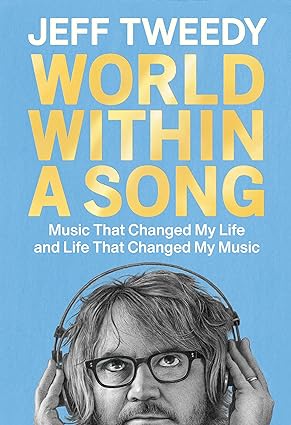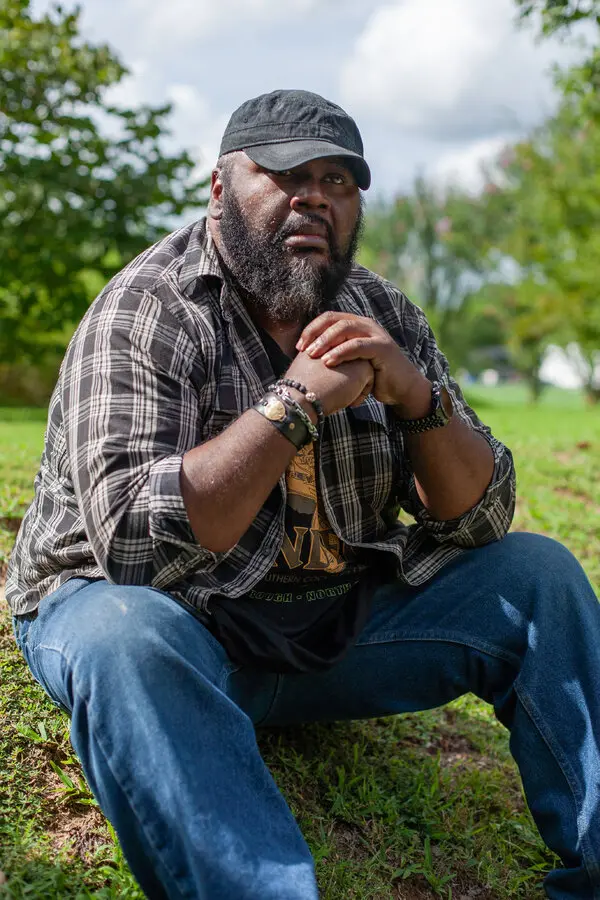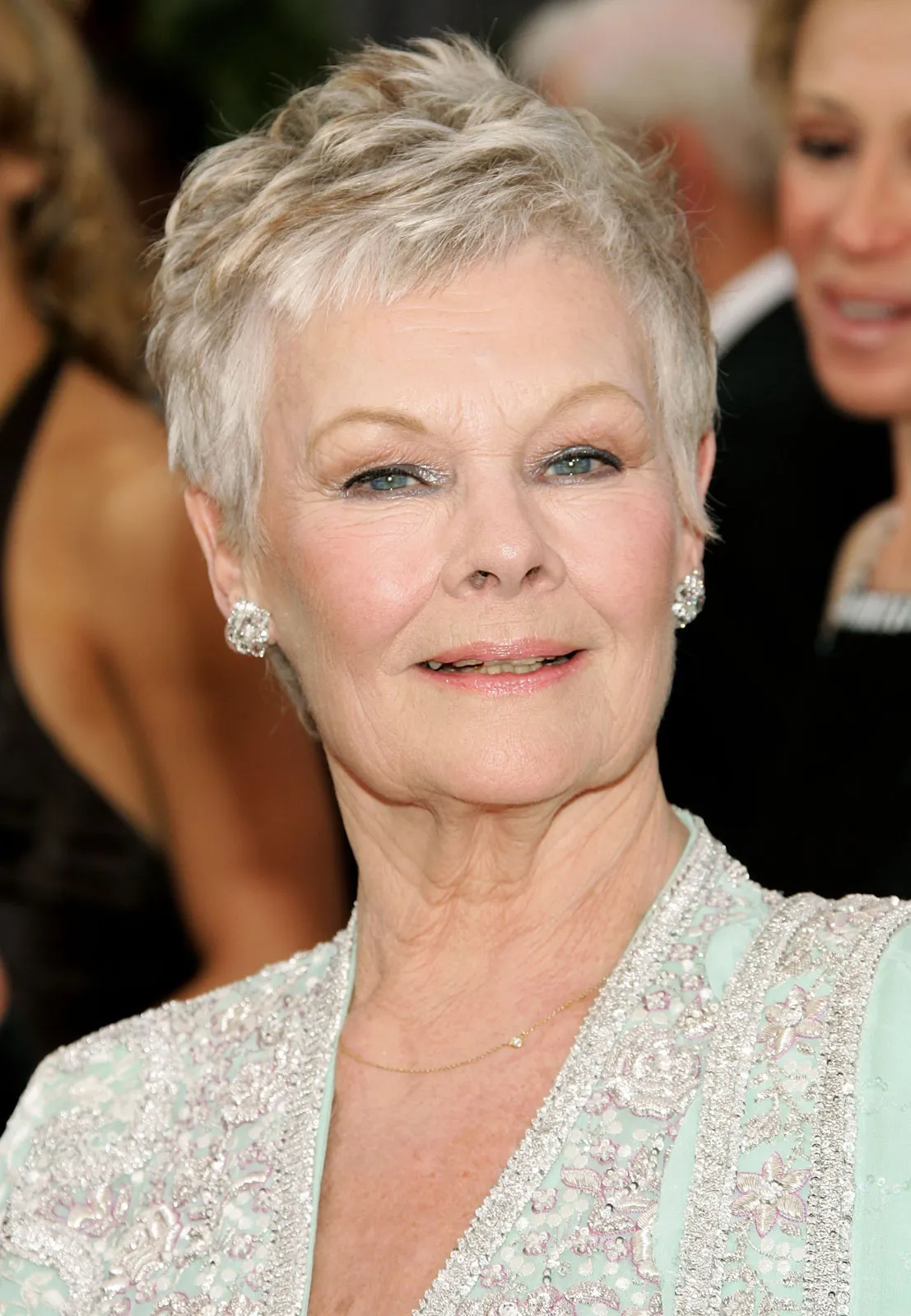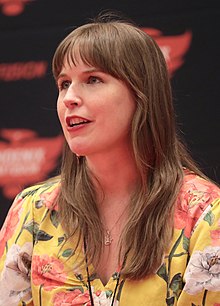Jeffrey Scot Tweedy (born August 25, 1967) is an American musician, songwriter, record producer, author, and founder of the Wilco band. Tweedy’s published books include “Let’s Go: So We Can Get Back(2018)”, “How to Write One Song (2020)”, and his latest memoir “World Within a Song: Music That Changed My Life and Life That Changed My Music (expected to be published November 7, 2023)”.
In a recent chat with The New York Times, he answered some questions about books and disclosed what he did with the encyclopedia in the years before Social Media. Read the interview here;
What books are on your nightstand?
My nightstand ends up collecting a lot of books that aren’t particularly new. “Wittgenstein’s Mistress,” by David Markson, is one of my favorites. His writing influenced the Rememories in my new book. I try to construct sentences in the style of David Markson. He has a series of books — “Reader’s Block,” “This Is Not a Novel,” “Vanishing Point” and “The Last Novel” — where he uses very short chapters and sentences with seemingly unrelated information that tell sort of hidden stories within the negative space. It’s amazing.
I also have “The Nature Book,” by Tom Comitta, which came out not long ago. The book takes somewhere around 300 texts from other books and compiles them into a narrative with no humans. Just descriptions of landscapes. It’s challenging to stay focused — you get tired. Kind of like riding in a car. But it’s all this different, beautiful language synthesized into one narrative that mostly describes the environments you’re passing through. I think it’s amazing. I have not finished it yet. But I love the concept.
What’s the last great book you read?
I really enjoyed “An Immense World,” by Ed Yong. It’s about all the different ways animals perceive the world. The senses that we as humans have, but also the senses we don’t have, like electromagnetic navigation. And what we know scientifically, but also what we can’t know about how animals perceive the world, which I find very interesting. So much so that I’ve written a lot of songs circling around this idea in my head. That you could have an animal live within feet of another animal, but their sensory apparatuses might not allow them to realize it. I find it very poetic, almost a metaphor for how we as humans live with one another sometimes.
Describe your ideal reading experience.
My ideal reading experience is almost the same as my ideal writing experience. When you’re writing in a certain frame of mind, you kind of lose yourself and time disappears, or expands. It’s really wonderful to look up and realize you’ve been writing for an hour or more. I love feeling like that. To me, when you’re reading properly and are really invested, time does the same thing. You can lose yourself and be free of care, totally immersed in someone else’s world and someone else’s words and language and consciousness. That’s exciting.
How do you organize your books?
The books in our house are organized according to a secret protocol my wife has that I will never completely comprehend, but I somehow am able to find all of the books I’m looking for. It’s loosely based on topics, but also on the ages of books and the sizes of books. This is helpful to me, because when I picture a book, I picture the size of a book, and my wife intuitively knows that. So on our bookshelves, there might be a music section, but then there’s a “big” music section. They don’t have to be next to each other, either because you can use … I think it’s spatial memory or something like that.
What’s the most inappropriate book you’ve ever received as a gift?
I received a book on Russian prison tattoos. It’s a lot of really hard-living-looking humans naked, showing their tattoos. It’s exactly what it sounds like. There’s not a lot of text. Just pictures of naked Russian men. That’s the first book that comes to mind in terms of inappropriateness.
What kind of reader were you as a kid?
I was — and still am — a pretty voracious reader. Especially after fifth grade or so, when they started having book fairs at schools and you could order books from a catalog, books about Pelé or U.F.O.s, or the Guinness Book of Records. But before that, when I was really young, we didn’t have a lot of books in the house. My mother loved magazines, and I would read everything from Redbook to Better Homes & Gardens … honestly, anything I could get my hands on. But the books we had were the World Book Encyclopedia, which was one big shelf in my parents’ house. I truly believed they contained all the information there was to know in the world. It would excite me, thinking it all sat right there. So I read those. I read them the way that people surf the internet today, maybe. I would just flip through them for hours and hours. So I know everything.
What do you plan on reading next?
“Poverty, by America,” by Matthew Desmond. I just started it. It’s not a particularly uplifting book, but it is enlightening, and shares a lot of information about how we got in this situation we’re in as a country, because of the way we treat poverty. I’m looking forward to learning more. Because on a daily basis, I look around and say, “Surely, there’s got to be a way to fix this.” That and gun violence — I feel like they’re both solvable problems, but we’ve all decided that they’re not.
His Memoir
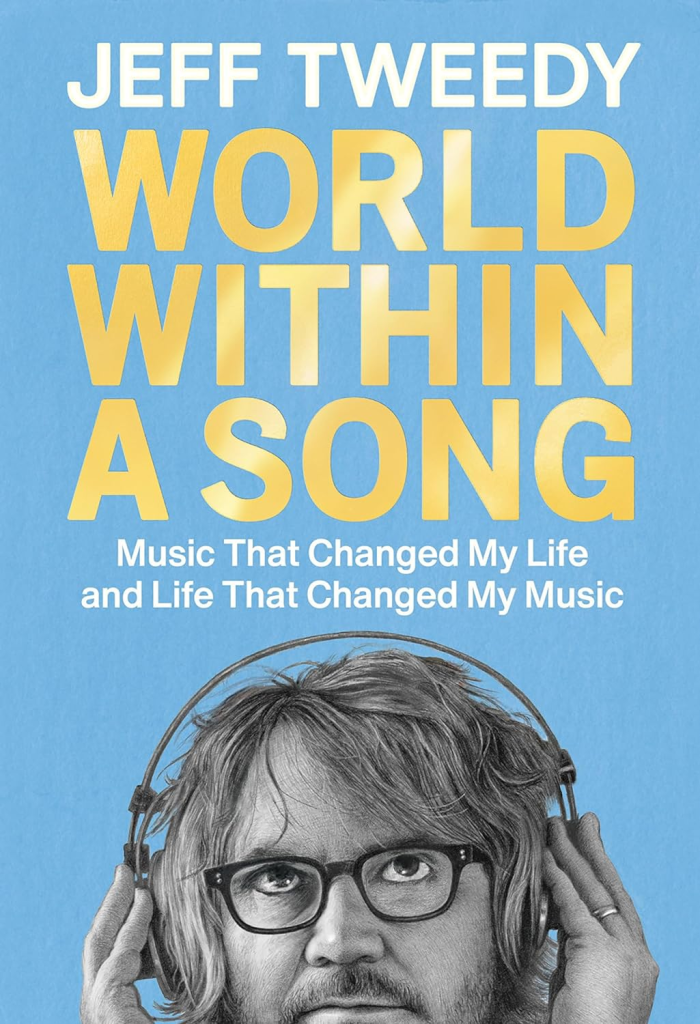
That’s all for today. See you in the next edition of author interviews.
